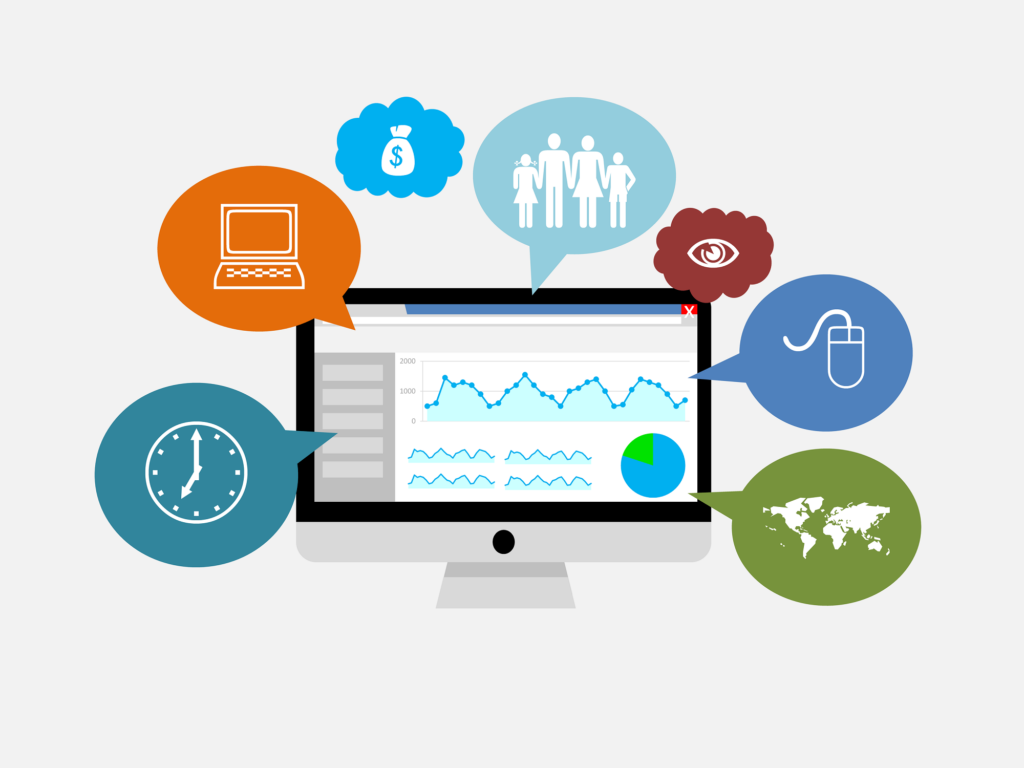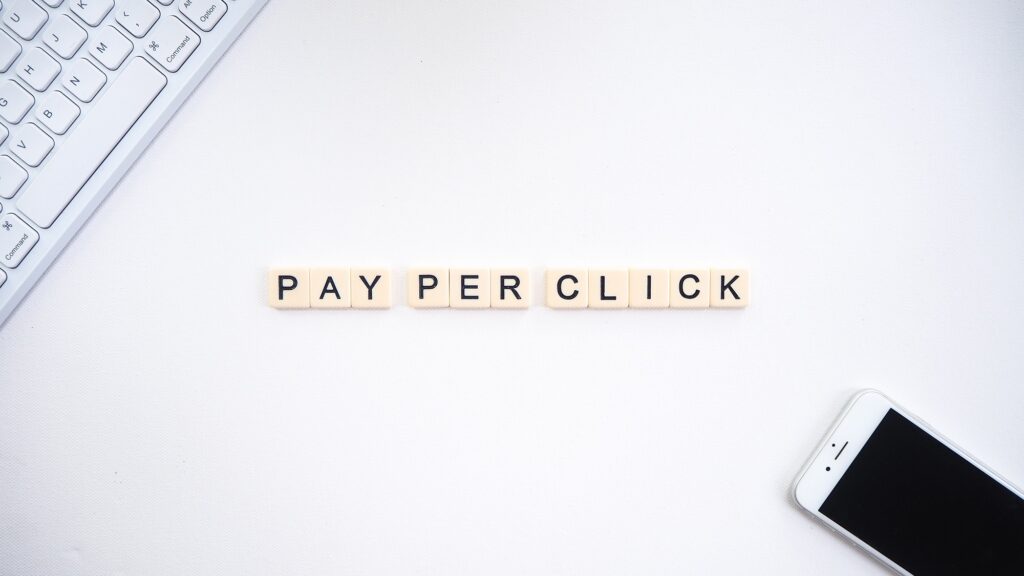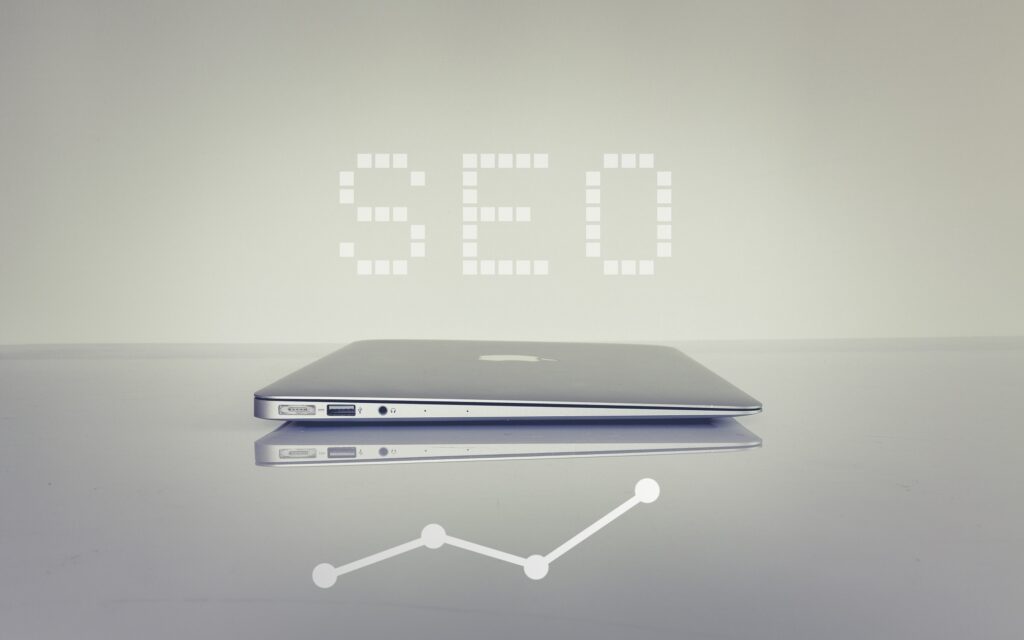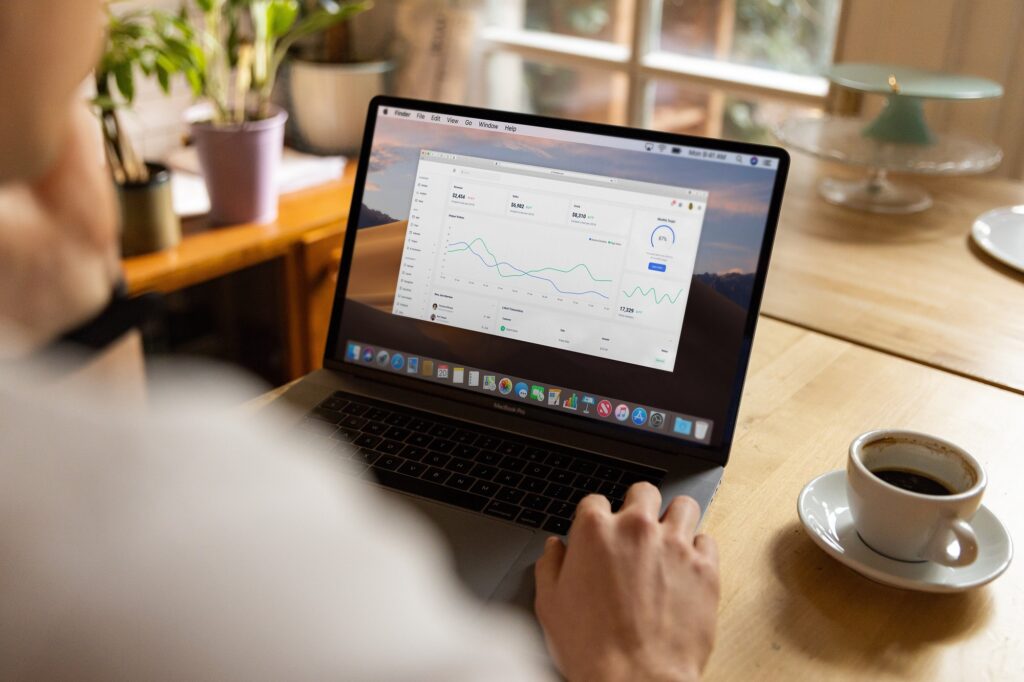
September 15, 2024, 0 Comments
PPC vs. SEO: Which One Should Your Business Focus On?
In the ever-evolving landscape of digital marketing, businesses are presented with multiple strategies to boost their online presence and drive traffic to their websites. Two of the most commonly debated options are Pay Per Click (PPC) advertising and Search Engine Optimization (SEO). Both strategies have their advantages and disadvantages, but deciding which one to prioritize depends largely on your business goals, budget, and long-term vision. This blog post will explore the key differences between PPC and SEO, outlining their benefits and challenges to help you determine which approach is best suited for your business.
Understanding PPC and SEO

Before diving into the comparison, it’s essential to understand what PPC and SEO entail.
- PPC (Pay Per Click): This is a paid advertising model where businesses bid on keywords and pay for every click their ad receives. These ads typically appear at the top or bottom of search engine results pages (SERPs), often marked as “Sponsored” or “Ad.” Platforms like Google Ads, Bing Ads, and social media networks (e.g., Facebook, Instagram) allow businesses to run PPC campaigns.
- SEO (Search Engine Optimization): SEO is an organic, non-paid strategy that aims to improve a website’s ranking on search engines like Google. By optimizing website content, structure, and technical elements, businesses can attract traffic naturally from search engine results. SEO takes time, but the payoff can be significant, as high-ranking pages receive free clicks and sustained visibility.
The Pros and Cons of PPC

Pros:
- Instant Visibility: One of the main advantages of PPC is the immediate visibility it provides. Once you set up your campaign, your ads can appear at the top of search results almost instantly, driving immediate traffic to your site.
- Targeted Audience: PPC platforms allow advertisers to target specific demographics, locations, devices, and interests. This means your ads reach potential customers who are more likely to convert.
- Budget Control: With PPC, you have complete control over your spending. You can set a daily or monthly budget, ensuring you never exceed your limits. You also only pay when someone clicks on your ad.
- Measurable Results: PPC offers detailed analytics, making it easy to track the performance of your campaigns. Metrics such as impressions, clicks, conversion rates, and return on investment (ROI) are readily available.
Cons:
- Costly Over Time: While PPC offers instant results, it can become expensive, especially in competitive industries where high-demand keywords command steep bidding prices. The costs can add up, and once your budget runs out, so does your visibility.
- Temporary: PPC ads only run as long as you’re willing to pay for them. Once the budget is exhausted or the campaign ends, your website traffic will likely drop significantly unless sustained by other efforts like SEO.
- Click Fraud Risk: While platforms take steps to prevent click fraud, there is always a risk of competitors or bots clicking on your ads, which can drain your budget without yielding any actual conversions.
The Pros and Cons of SEO

Pros:
- Long-term Results: Unlike PPC, SEO is a long-term strategy. While it takes time to rank organically, once your site is optimized and earns a good position, it can bring in sustained traffic without ongoing payments.
- Credibility and Trust: Consumers tend to trust organic search results more than paid ads. A high ranking in organic search results can give your business a sense of credibility and authority in your niche.
- Cost-Effective: SEO doesn’t require you to pay for clicks, making it more affordable in the long run. You invest time and resources into optimization, but the ongoing organic traffic doesn’t come with a per-click cost.
- Broad Reach: SEO efforts often extend beyond just your immediate keyword targets. By optimizing your website’s overall structure, you can capture traffic from various related queries that may not be part of your initial plan.
Cons:
- Takes Time: SEO is not a quick fix. It can take months to see significant improvements in rankings and traffic, making it less appealing to businesses looking for immediate results.
- Algorithm Changes: Search engines like Google frequently update their algorithms, which can affect your ranking. This unpredictability means you must stay updated on SEO trends and continuously optimize your site.
- Competitive Markets: In competitive industries, ranking high on SERPs can be difficult. Large companies with more resources may dominate certain keywords, making it challenging for smaller businesses to break through.
PPC vs. SEO: Which is Better for Your Business?
Now that you understand the strengths and weaknesses of PPC and SEO, how do you decide which strategy is right for your business? The answer depends on your specific needs, budget, and goals.

1. Business Goals:
If your goal is to generate immediate traffic, leads, or sales, PPC is the way to go. It offers instant results and allows you to drive traffic to your site in a matter of days. This is particularly useful for product launches, promotions, or events where timing is critical.
On the other hand, if you’re looking to build long-term brand awareness and organic traffic, SEO is the more sustainable option. A strong SEO strategy can position your business as an industry leader and provide a steady stream of visitors over time.
2. Budget:
For businesses with a large marketing budget, PPC can provide significant returns through well-managed campaigns. However, smaller businesses or those looking for more cost-effective marketing may find SEO to be a better long-term investment, as it doesn’t require continuous payments.
3. Industry Competition:
In highly competitive industries, the cost of PPC may be prohibitively high, making SEO a more attractive option. However, if competition for organic rankings is also fierce, combining both strategies—using PPC for immediate results and SEO for long-term growth—might be the best approach.
4. Timeline:
If you need quick results, PPC is your best bet. However, if you’re playing the long game and can afford to wait for results, investing in SEO will provide greater value over time.
Conclusion
Ultimately, deciding between PPC and SEO comes down to your business’s specific needs. While PPC delivers instant results, it comes with a cost that may not be sustainable in the long term. SEO, though slower to show results, offers lasting benefits that can drive consistent, organic traffic to your website. For many businesses, a combination of both strategies—leveraging PPC for immediate visibility and SEO for long-term growth—is the most effective approach. By understanding the strengths of each, you can tailor your marketing strategy to achieve the best possible outcomes.

Recent Comments